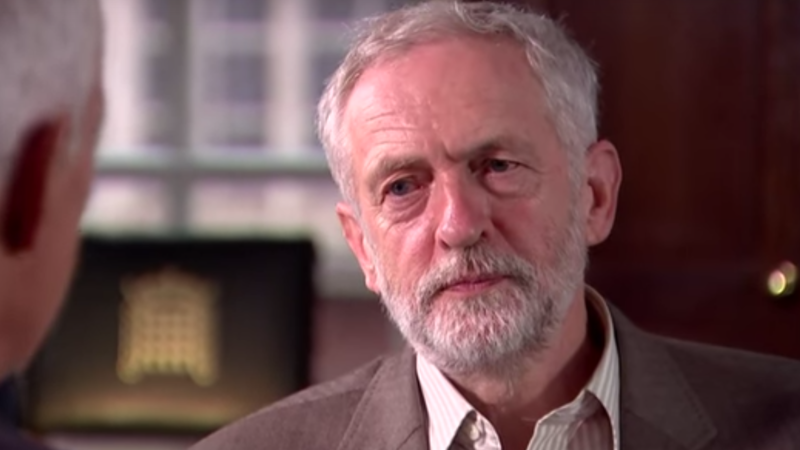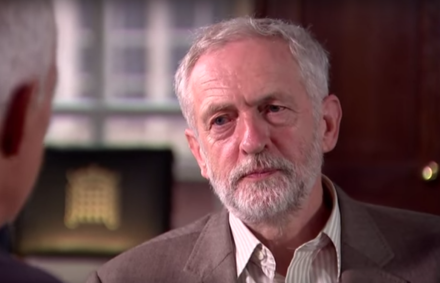

When a tragedy strikes, the people convinced they know the solution to the situation are the ones who shout the loudest. They have a clear idea of the right approach and the wrong one. They don’t hesitate, they know. Friday’s horrific attacks in Paris have produced this reaction: Britiain should bomb ISIS in Syria. Words of caution are branded as radical.
It’s no surprise that Jeremy Corbyn’s different approach to the dark situation has prompted a strong backlash. The Labour leader has suggested that taking part in an already sizeable bombing campaign against ISIS in Syria could make the horrendous situation in the region even worse.
Corbyn isn’t suggesting inaction. He isn’t saying he wouldn’t support military intervention under any circumstances. What he is saying is that this is an incredibly complicated situation that needs a thoughtful response. In doing so, he’s attempting to bring nuance to an area of policy that has long been dominated by pro interventionists. Challenging that well-entrenched militaristic argument is an attempt to shift the wider debate, it’s not an easy feat and judging by reactions to his comments it’s not a welcome one within the political sphere. But it matters, and it should be heard.
Last week Sky News made the lazy choice to hang a story on unnamed critics giving Corbyn the moniker ‘Jihadi Jez’ for questioning conventional wisdom on the extrajudicial killing of Mohammed Emwazi and pointed out that shoot to kill poses ‘clear danger to us all’. That doesn’t put Corbyn among the ranks of the terrorists, nor does it imply that he doesn’t want to deal with terrorism, as the much-needed clarification he gave to Labour’s National Executive Committee indicated yesterday. He’s bringing complexity to the conversation. After all, shoot to kill is a policy that resulted in the death of Jean Charles de Menezes, arguing for it to be used with caution shouldn’t be seen as a foray into the political wilderness.
Plans to contribute to the bombing campaign against ISIS in Syria aren’t a question of crude binaries. A knee-jerk military response won’t stop the civil war in Syria and ignore the safety of the 500,000 civilians in Raqqa. Corbyn’s opposition to a non-UN sanctioned bombing campaign isn’t that of a fringe “hard left” politician; numerous others – including the Foreign Affairs Committee – have warned against airstrikes Syria, which could play into Isis’s hands by fuelling radicalisation. The West’s bloody and largely unsuccessful history of intervention should send a message of caution.
What should be galling to us all is that the Government turns a blind eye to regional players, like their ally, the Saudi Arabian regime, which have played a poisonous role in the growth of Islamic fundamentalism. This is an issue that Corbyn and others have raised time and again but one that has been pushed to the sidelines of the debate so that the British arms industry can continue to profit from one of their biggest clients.
To imply that people sceptical about contributing to airstrikes in Syria don’t care about combating terrorism or that they live in a fantasy land is a bad way of forming foreign policy; insult and disengagement doesn’t help to achieve the most robust response to a crisis.
British foreign policy is full of contradictions that are wilfully ignored in favour of a slick soundbite; Corbyn is offering another side to this politics. If we’re all in agreement over just how serious a threat ISIS is, then surely it warrants a nuanced response. So far, bombing has had limited success, so why not at least listen to other ways of approaching this horrific situation without screaming that people like Jeremy Corbyn are a threat to national security.




More from LabourList
‘Factionalism at the top is weakening Labour – and handing a gift to Reform’
‘Europe must stand strong on its own as US security guarantees grow conditional’
‘Tackling poverty should be the legacy of Keir Starmer’s government’